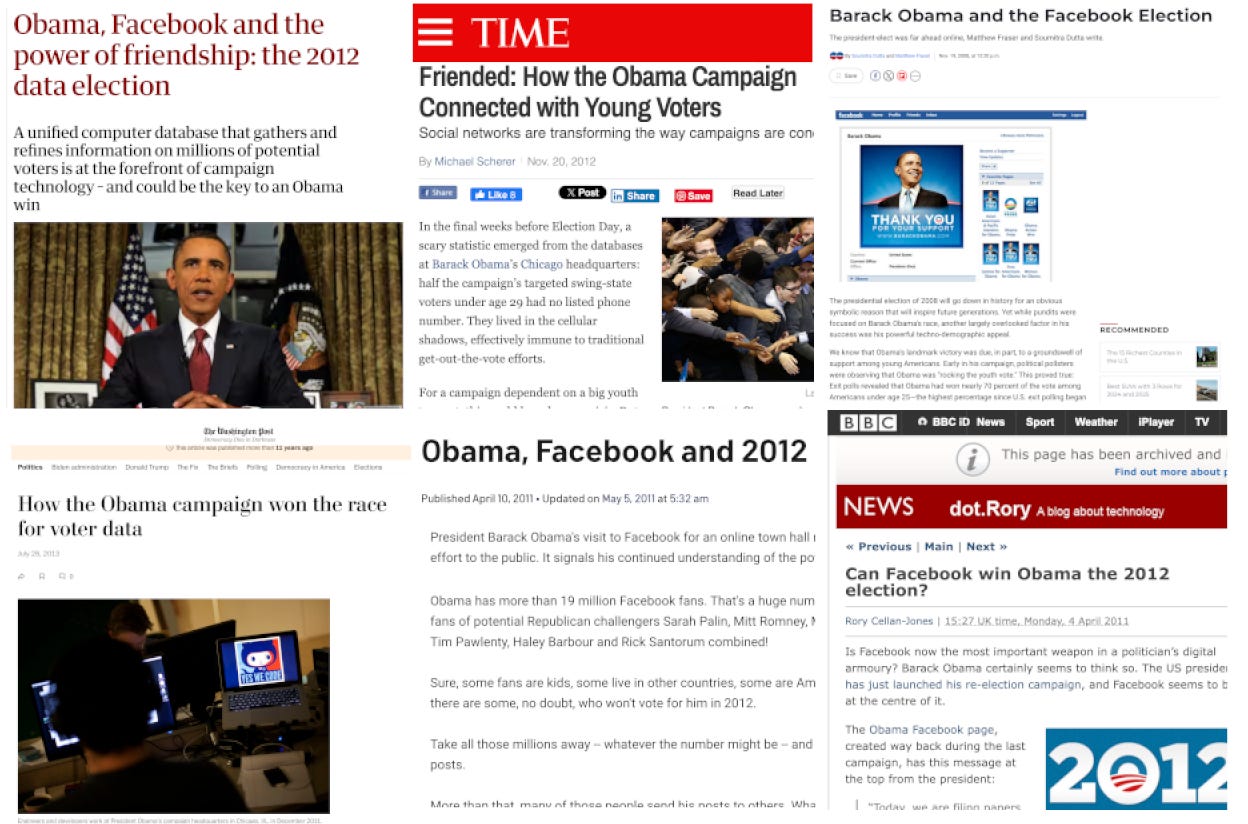The New York Times Comments Section is Hilarious and Depraved
All the Americans against free speech, gathered in one humorously pretentious place
Mark Zuckerberg released a video yesterday, promising less censorship and more free speech. Let’s posit that it was insincere, that he doesn’t actually care about the First Amendment, is in it for the money, hopes to kiss Donald Trump’s ring, and plans on turning Facebook into a boobs-and-cagefighting Broscape of the type many perceive Twitter/X to have become under Elon Musk’s leadership.
These would all be potentially valid complaints, should any turn out to be true. However, Zuckerberg said just two things of substance, insofar as Meta/Facebook users are concerned. One, he would “get rid of fact-checkers and replace them with community notes.” Two, he promised to “dramatically reduce the amount of censorship on our platforms.” That’s really it. Visible Community Notes instead of invisible checking regimes, and less censorship, in particular government censorship.
What kind of person is opposed in principle to less censorship? Readers of the New York Times, apparently! One of this site’s readers chuckled about the predictably mortified Times article (“Meta Says Fact-Checkers Were the Problem. Fact-Checkers Rule That False”) being filled with commenters “rending their garments over a prospect of an Internet full of propagandized idiots.” I looked and found a perfect cross-section of upper-class genitorture enthusiasts begging for harder, firmer content domination. The Washington Post headline was nearly as Onion-ish as the Times (“Meta ends fact-checking, drawing praise from Trump,” putting “free expression” in scare quotes in the sub-head), and its nearly 5000 comments were equally revealing. “User generated notes? The prisoners are now guarding the prison!” wrote one Post reader, who apparently sees the marketplace of ideas as a prison with insufficiently empowered jailers.
Reaction to the Zuck story showed why “content moderation” is popular with this demographic. In 2016, Zuckerberg was heavily criticized for refusing to suppress “newsworthy” content. “Zuckerberg proves he is Facebook’s editor by allowing Trump’s hate speech,” was typical pre-election commentary, in The Guardian. When Trump won, corporate outlets put blame not on Democrats for running a lousy candidate, but on Russians, racism, and… Facebook. “Donald Trump Won Because of Facebook,” declared New York. “Here’s How Facebook Actually Won Trump the Presidency,” cried Wired. “Facebook’s failure: did fake news and polarized politics get Trump elected?” was The Guardian’s complaint. These were the same people who jumped for joy when Barack Obama won the “Facebook election” of 2012:
In his video yesterday, Zuckerberg cited press pressure as part of the reason for proposed changes. “After Trump first got elected in 2016, the legacy media wrote nonstop about how misinformation was a threat to democracy,” he said. Meta tried to address such concerns “without becoming the arbiters of truth,” he said, but fact-checkers “have just been too politically biased and have destroyed more trust than they’ve created, especially in the U.S.”
One would think “legacy media” outlets covering Zuckerberg’s video address might mention this. No luck: neither the Washington Post nor the Times mentioned the “legacy media” comments. Both papers’ readers, in other words, were served a curated version of reality that snipped out uncomfortable details. And God, do they wish the whole world could be like that! A sample of the yuppie-authoritarian fare in both papers’ comment sections, complaining about loosened restraints and begging for more whip-cracking:




